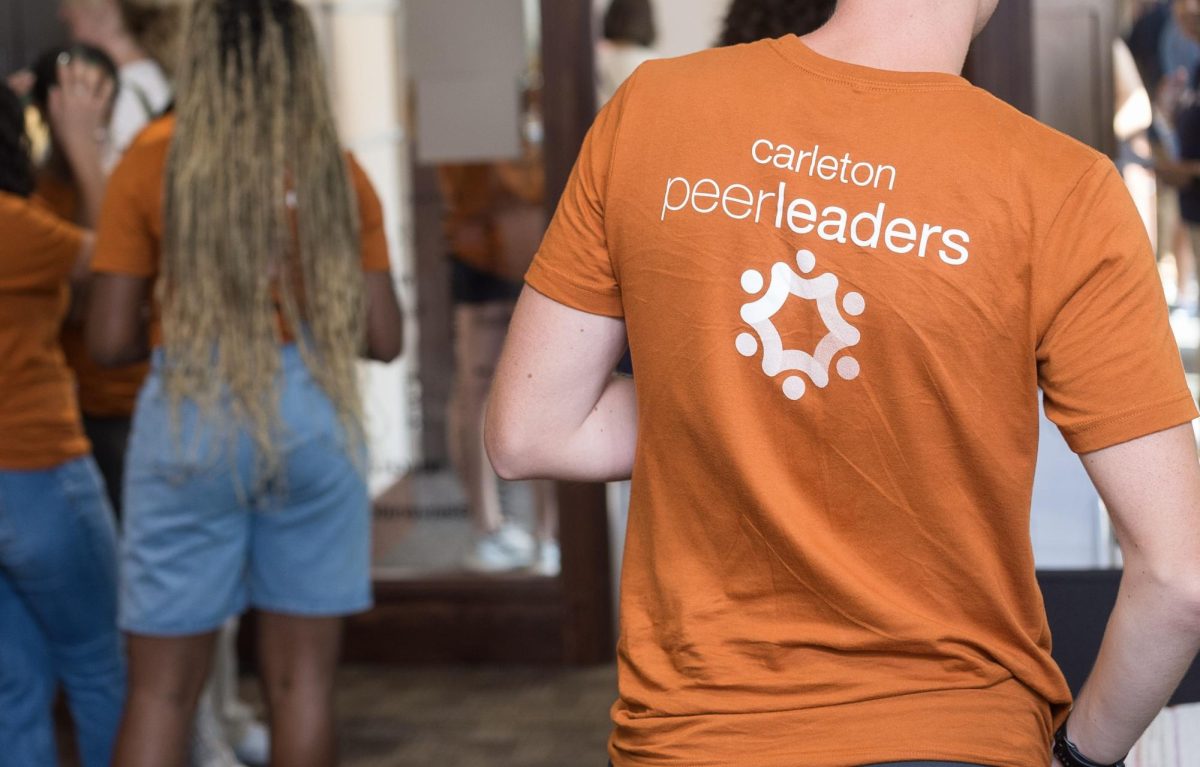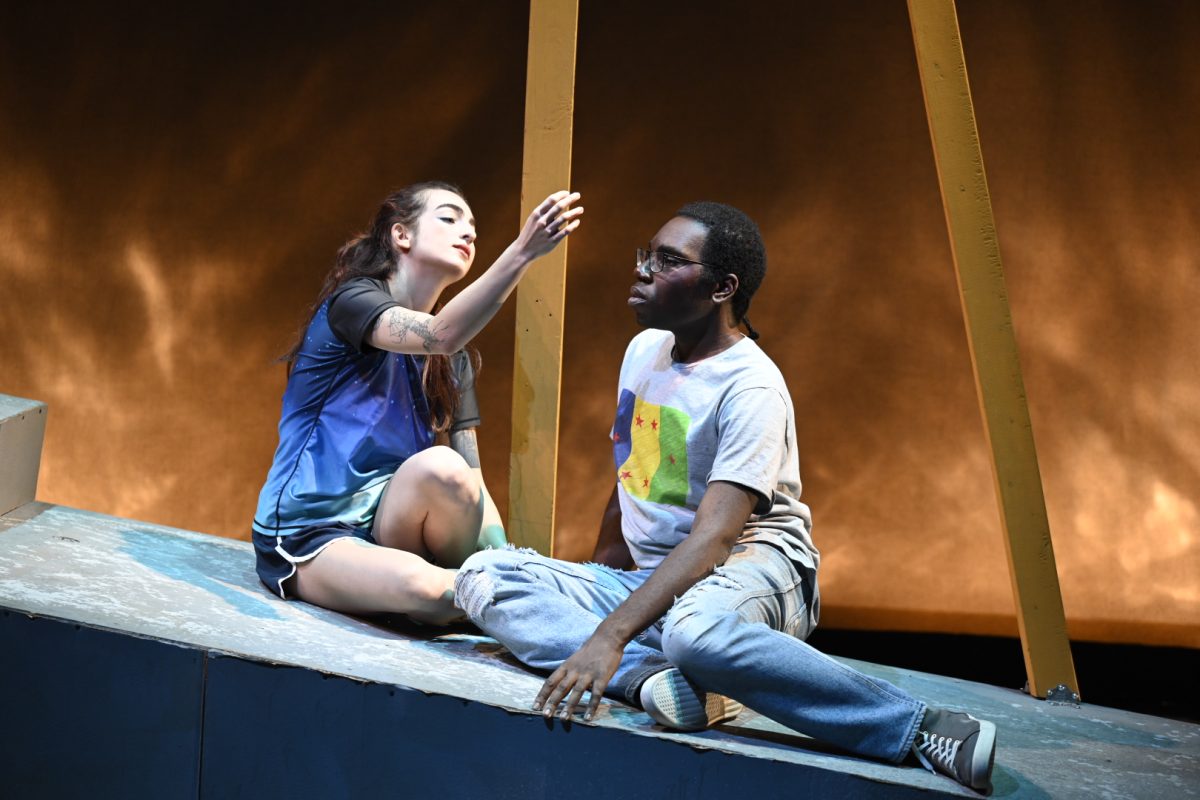Since 1981, Carleton’s federally-funded TRIO/SSS (Student Support Services) Program has provided a community for 140 students who either are low-income, first-generation college students and/or have a documented disability.
Gathering at the TRIO House at 216 College Street, students have access to academic support in the form of specialized academic advising, a lending library of free textbooks, workshops and community support. First-years can join mentoring programs in which older Peer Leaders guide students through the process of acclimating to a predominantly white, wealthy college. It is not all academically focused, however; TRIO is a tight-knit community of students from similar backgrounds. Games, dinners and events hosted at the house give the TRIO community a chance for bonding and support.
According to Carleton’s website, “a crucial aspect of the program is to increase awareness of socioeconomic class issues and challenges at Carleton with the purpose of impacting policies and framing Carleton values, activities, and decisions to help develop an environment where TRIO-eligible students can thrive.”
“TRIO has been super helpful in adjusting to Carleton,” said Amira Aladetan ‘24, a TRIO Peer Leader. “As soon as you get here, you have a community of people to hang out with who you can actually talk to. We’re coming from shared, similar identities, and TRIO has really helped foster a sense of community out of that.”
“I hope people understand that spaces for students with marginalized identities are not automatically welcoming,” said Trinh Tieu ’22, a TRIO Peer Leader. “Sometimes people join a space and feel that it’s not for them or that they don’t find the friends they were looking for. It takes a lot of work to build a community and to put yourself out there when you don’t feel comfortable publicly sharing an identity. I heard from my TRIO upperclassmen that past students weren’t comfortable telling other Carls that they were in TRIO, and peer leaders couldn’t make door decks for them. However, all the TRIO staff who have come through the office have done so much to make this program what it is. They’ve helped change the culture around being low-income, first-gen or having a documented disability at Carleton.”
This past week was TRIO Awareness Week, and students have celebrated by tabling in Sayles and wearing TRIO gear.
“This week is about telling the Carleton community that students who are low-income, first-gen and/or have a documented disability exist. So many of these types of students feel really unseen and unheard in the Carleton community because people assume everyone is coming from a similar background. This week is about highlighting and celebrating our identities,” said Tieu.
“Overall, TRIO does its best to welcome all of its students and be a resource for TRIO eligible students, but there are still lots of gaps. To people looking to direct TRIO eligible students towards us, consider that we’re not able to fully devote time to assist students outside our current cohort. I encourage students, staff, faculty, and friends of the community to learn more about what the TRIO SSS program is and how it differs from other services on campus,” added Tieu.
On Friday, October 22, at 4:30p.m. in Great Hall, the entire Carleton campus community is invited to Class Act: the Difference Panel, which will highlight the experiences of a panel of Carleton students and discuss how they have transitioned to Carleton and currently navigate through the differences between them and the larger student body.














